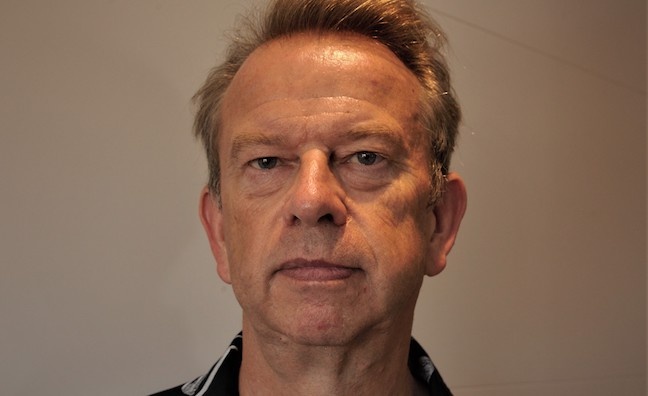The UK’s grassroots circuit received potential salvation on October 12 with the release of funding from the government’s £1.57 billion Culture Recovery Fund. Here, kickstarting his new, regular Music Week column, Music Venue Trust CEO Mark Davyd explains why the battle to protect the network is far from over...
Last week, hundreds of Grassroots Music Venues across the country had their immediate fate decided for them by the government’s Culture Recovery Fund.
The funds available have the potential to help shore up the incredibly fragile grassroots circuit, which has been teetering on the cliff edge of collapse for seven months. But the Culture Recovery Fund cannot, and will not, allow us to reopen every venue safely. The scale of the problem is too big, the issues too complex and the challenges too complicated.
We did not envy our colleagues at Arts Council England trying to make the best use possible of a large but limited fund, forced to take incredibly difficult decisions about which venues survive and which potentially do not. A narrative describing all the different models, people, organisations, and histories of grassroots music venues would fill several shelves of a library. It would make a fascinating, if confusing, read, but would also highlight the very attributes of the circuit which are most at risk and most vital: Independence. Community. Creativity. Openness.
Twenty-seven years ago I, with a group of friends, started one such venue in the unlikely setting of Royal Tunbridge Wells, in the even more unlikely housing of a former public toilet. The local residents were (as they always are) ‘disgusted’. We did it without a bank loan, without a business plan, with minimal experience. Honestly, if we had understood what we were doing we would not have done it. You would be amazed how often I hear similar stories from around the country. These venues are deeply embedded in and vital to their communities because they were created by those communities; very often by a part of the community that considered itself strange, ignored or different.
Grassroots music venue owners come in all shapes and sizes, from all kinds of backgrounds, but they share some unique characteristics that might, lovingly, lead them to being described as ‘oddballs’. It’s important to understand that the pursuit of wealth is not one of those characteristics. Tim Hornsby from York Fibbers used to have an email footer that read ‘How do you make a million pounds running a grassroots music venue? Start with two million’.
Grassroots music venues aren't about the past of our music industry, they are about the future
Mark Davyd, Music Venue Trust
It is the other qualities: uniqueness, otherness, independence, and the ties to their communities that have made the British touring circuit the incredible engine of talent development that it is. For all its faults, and there are plenty, that circuit has, for 60-plus years, consistently delivered the creative space and freedom that artists need. The opportunities to experiment, to learn, to build audiences and forge careers. A venue in Hull might share little in common with a venue in Blackpool other than that core passion, the maverick drive and will to make music happen in their communities. A sometimes eccentric and dogged commitment to the belief that local artists deserve a local place they can be heard.
And this is the challenge this crisis brings, a challenge that is not changed by the results of the Culture Recovery Fund. Saving that venue in Hull will not save the venue in Blackpool. An artist in Ramsgate is not going to get their breakthrough first gig in Plymouth. The loss of any one of these spaces, anywhere in the country, does not just present a small, repairable, hole in our touring circuit. It means the permanent loss of a place people love, cherish and need. And it is a huge loss of opportunity and potential.
Sometime, somewhere, if we get this wrong, an unknown artist won’t ever play that first song on their local stage. They won’t decide this life is for them, won’t progress to the next gig, the next level, won’t follow that path to its conclusion. They won’t fill our radios with songs we love or take that headline slot at Glastonbury.
It is fashionable when talking about the importance of grassroots music venues to trot out a long list of the iconic, famous or just indecently wealthy that have trod their floorboards. In churning out those names we satisfy the need to lay out a simple message the public will understand. “Look at all this history, wouldn’t it be a shame to lose it?” But it is the names of the artists who have yet to grace those stages, the artists the public do not yet know and risk never knowing, that we should be talking about. Grassroots music venues aren’t about the past of our music industry, they are about its future.
The Music Venue Trust wants the whole music industry to work with us to reopen every venue safely. Because the loss of a single local space now is a loss to the future of all of us.












